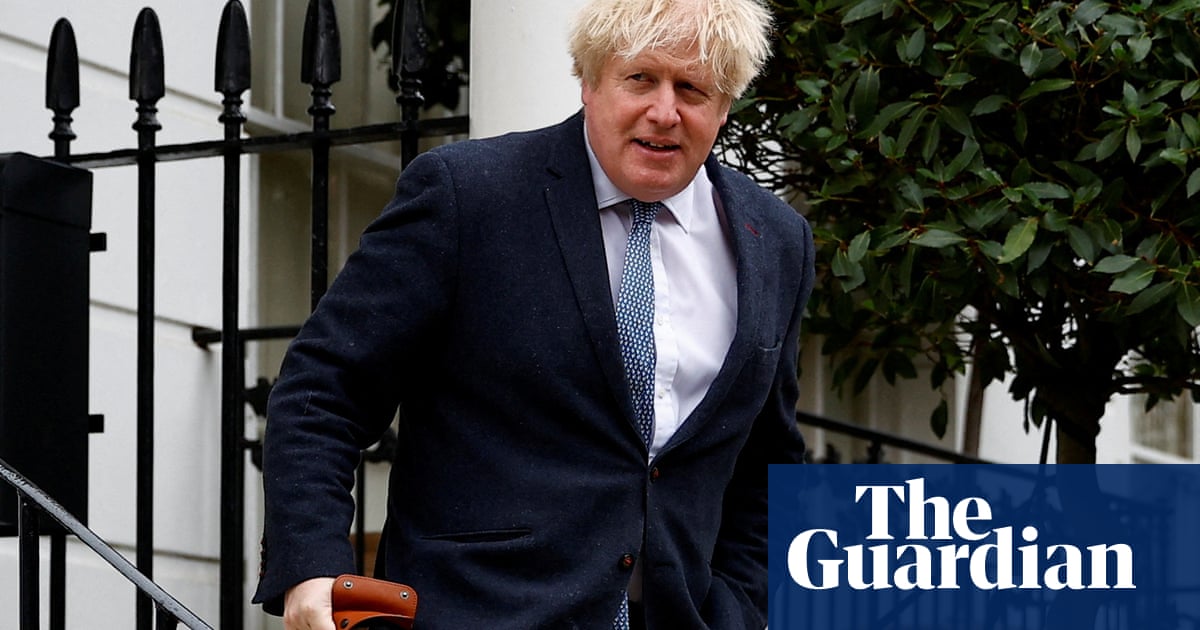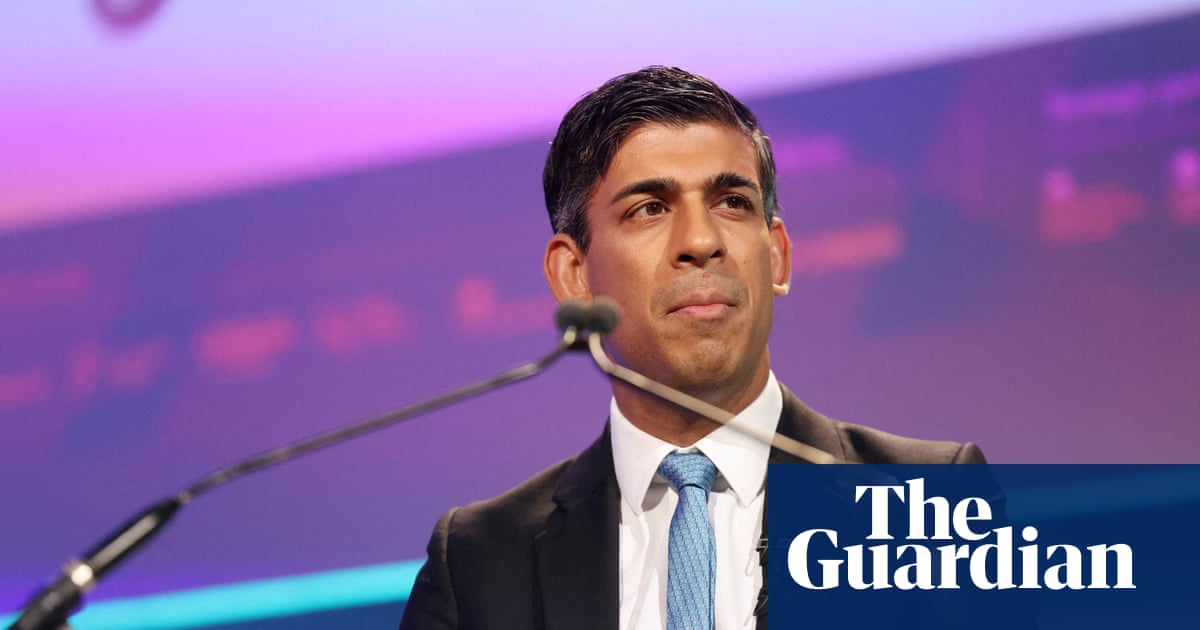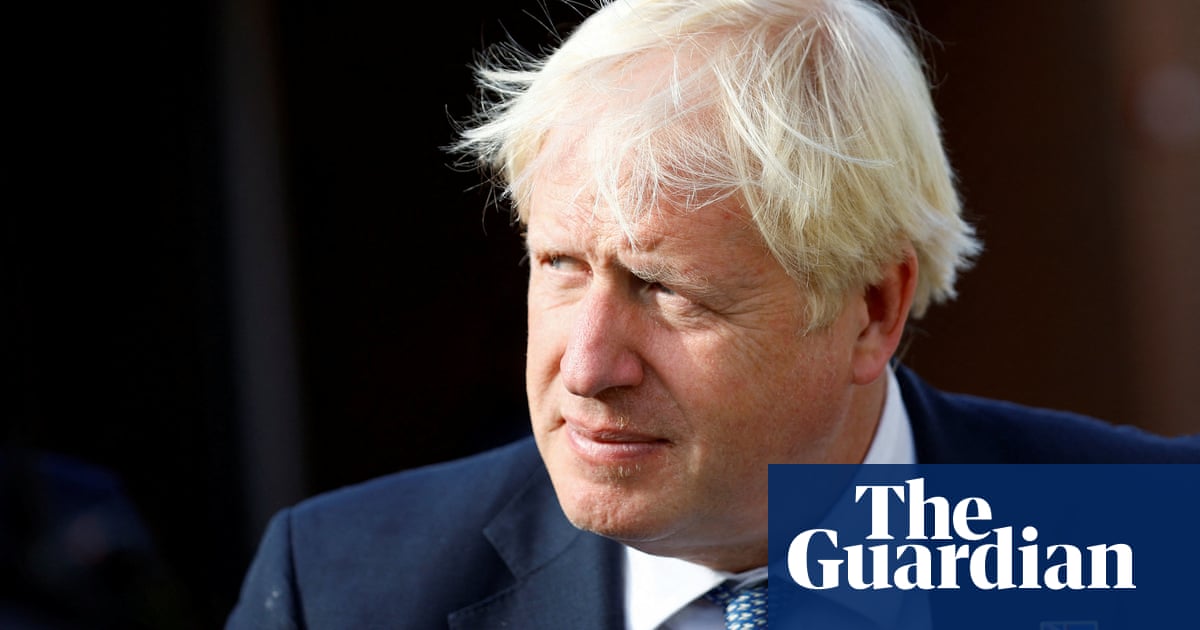
n a speech last June on his vision for post-Covid Britain, Boris Johnson promised to replace the caution of previous governments with a new Tory radicalism. “If we are to recover fully,” he declared, “this Covid crisis is the moment to address the problems in our country that we have failed to address for decades.”
Reform of social care, which had been “flunked” by governments for 30 years, would be tackled swiftly and boldly. There would also be more cash for the NHS, the education system and other public services which had been terribly hit – and exposed as unfit for the 21st century – by Covid. “We will not be responding to this crisis with what people call austerity. We are not going to cheese pare our way out of trouble,” he declared.
Nine months later in the Queen’s speech, however, there was still no plan for social care. Labour leader Keir Starmer was able to throw the same argument that Johnson had used against previous administrations back in the prime minister’s face. “No legislation, no new funding, no details, no timescale,” said Starmer. “Failure to act for a decade … was bad enough but failure to act after a pandemic is nothing short of an insult to a whole nation.”
Last week saw another example of promises to “build back better and build back bolder” crashing into the reality of Treasury-led financial constraint.
Sir Kevan Collins, the government’s own education commissioner in charge of catch-up planning for schools, resigned as ministers announced just £1.4bn of extra funding, rather than the £15bn Collins had wanted to make up for the lost time children had suffered during the pandemic. In his resignation statement he said: “A half-hearted approach risks failing hundreds of thousands of pupils. The support announced by government so far does not come close to meeting the scale of the challenge and is why I have no option but to resign from my post.”
Since 2019, the electoral needs of the Tory party before the last general election (the task of winning traditional Labour seats), followed by the pandemic, have spawned a new political rhetoric from the Johnson administration. Pledges to “level up” and “build back better” have been accompanied by assurances that there would be “no return to austerity”. All this was part of a strategy to reposition the Tories as a party of investment that would look after people behind the “red wall” and use Covid-19 as the spur to build a stronger, bigger, more modern state. The era of Conservative governments “salami slicing” the public sector – rolling back its frontiers – had been replaced by a very different vision, or so Johnson implied.
But at the weekend it became clear that that vision is beginning to hit financial reality, and in so doing could be sowing the seeds of potential tensions between a prime minister wedded to spending to level up and a chancellor of the exchequer, Rishi Sunak, who has made it his “sacred duty” to balance the books.
As from the end of this financial year, special Covid budgets that were set up during the pandemic for many government departments will run out. In his spending review in the autumn, Sunak has to begin addressing these issues but with almost no room for manoeuvre. The Treasury’s spending plans, which were settled before the pandemic, allow only for small rises in day-to-day spending of 2.1% each year in real terms between 2020-21 and 2025-26 and much of that money has already been handed to the NHS, schools, international aid and defence.
So where will the extra funds for day-to-day spending on schools and hospitals and courts and other services come from?
Economists predict that the kind of arguments that broke out over catch-up education funding are just the beginning.
Ben Zaranko, a research economist at the Institute for Fiscal Studies, said: “You might very reasonably say the NHS needs a lot of money to help get on top of the backlog of operations, the court system needs more to get through the backlog of cases, local government is on its knees … wherever you look Covid has had an impact and there is a good case for money. And schools are arguably number one.”
But Zaranko says that even if there were to be a windfall from a better than expected economic recovery, Sunak would be up against it. “If he were handed £15bn to £20bn by improved forecasts you could burn through that in no time at all. The universal credit uplift ends soon, you have got demands from the NHS, demands for a total reform of social care funding. All public services have a good case for more money.”
Graham Atkins, associate director at the Institute for Government, said the pressures would be intense. The government had not made any provision for coronavirus-related costs such as annual vaccination programmes or additional support to reduce hospital waiting lists after 2021-22.
“How to fund education catch-up was the first public example of the difficulties squaring the government’s promises to level up and improve public services with its tight spending settlement,” he said, “but it’s unlikely to be the last [unless the government increases its spending plans].”
George Dibb, head of the centre for economic justice at the IPPR thinktank foresees tensions building between the prime minister and the chancellor, and within the Tory party nationally.
“Coming out of the pandemic, the [Conservative] rhetoric is so strong on building back better but I don’t think it is controversial to say that the detail of what it actually means is pretty scant and I think that is true for the levelling up agenda as well.”
He added: “Boris Johnson’s rhetoric suggests that he is willing to spend and willing to invest and I think that could potentially run up against the instincts of Rishi Sunak, who identifies more closely with fiscal rectitude.
“There could also be problems within the parliamentary party with MPs in former red wall seats demanding more money for their seats which in turn could create increasing tensions with MPs in more traditional seats in the south who will ask why they are not getting that money.”
Covid requires a big financial response to “build back better” but at the same time it has left the coffers bare. Zaranko suggests that Johnson or Sunak – or both – will have to admit at some point that they can’t do the impossible.
“There are all sorts of areas where Sunak might have to stump up more cash and he won’t be able to deliver on all of them without finding more money from somewhere, whether that is through putting up taxes, being willing to countenance higher borrowing or making some cuts to some unfortunate areas of government.”
All of which – at present – the prime minister and chancellor are currently committed not to do. And all of which means that last week’s row over education funding sets the stage for far bigger arguments to come.












